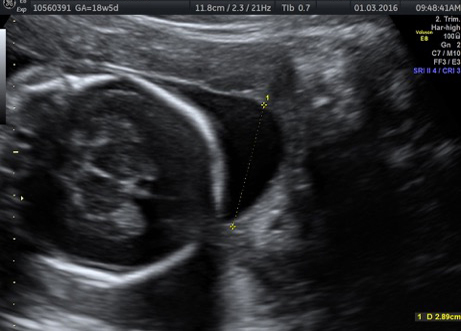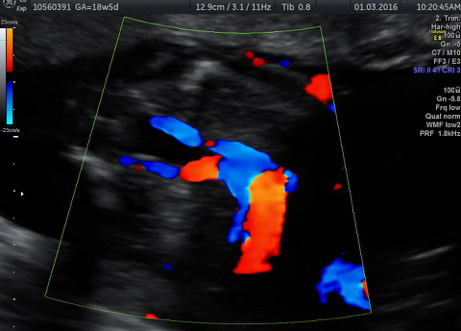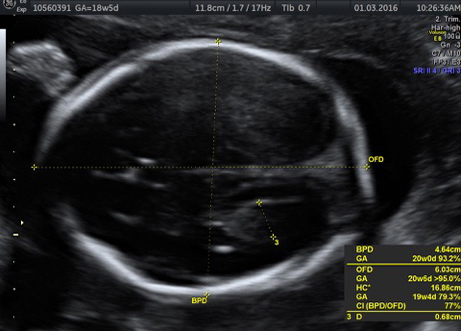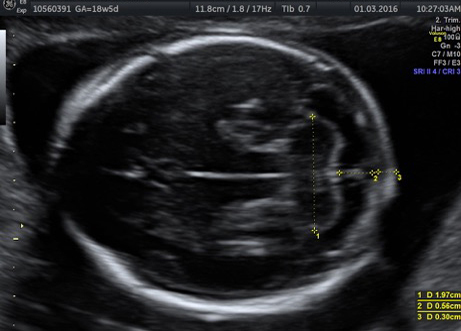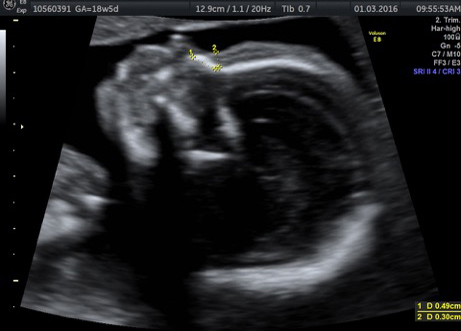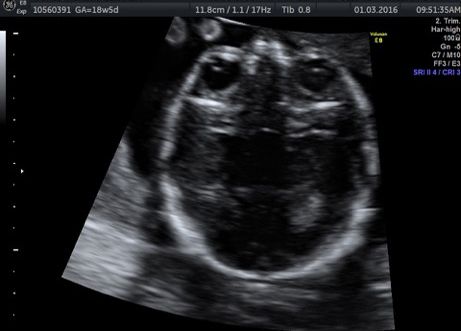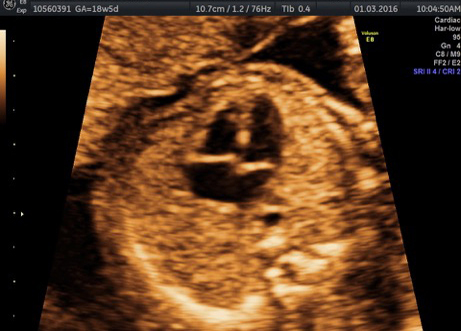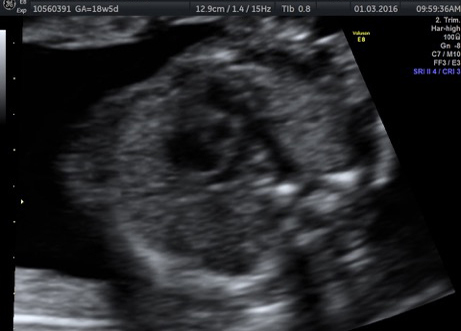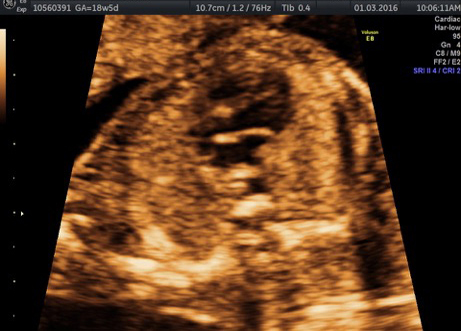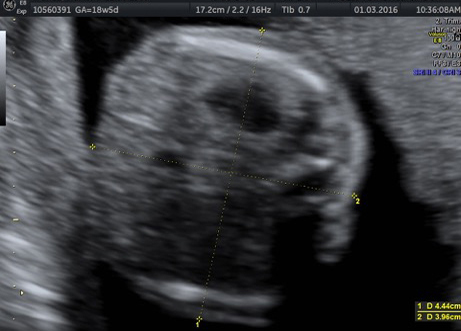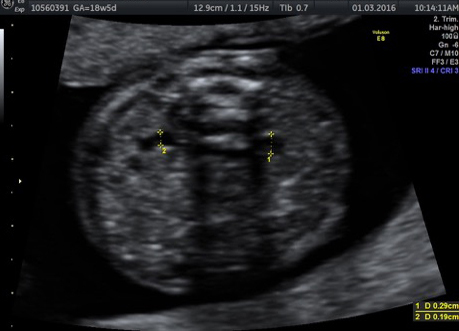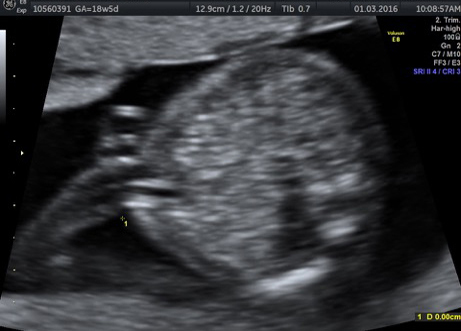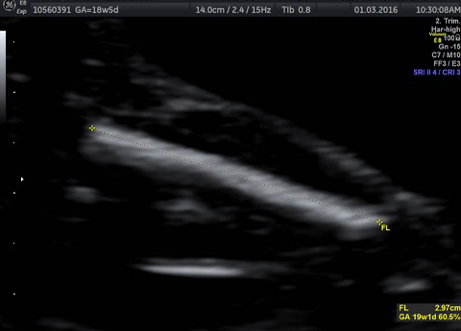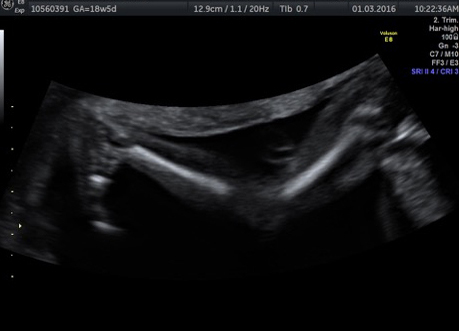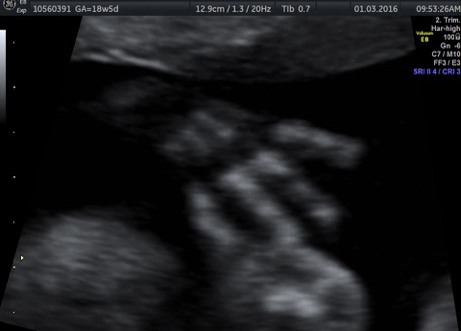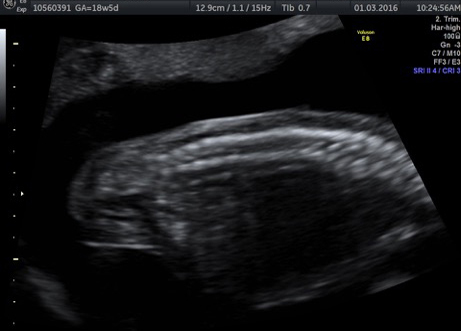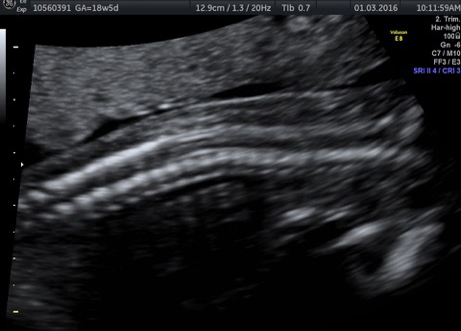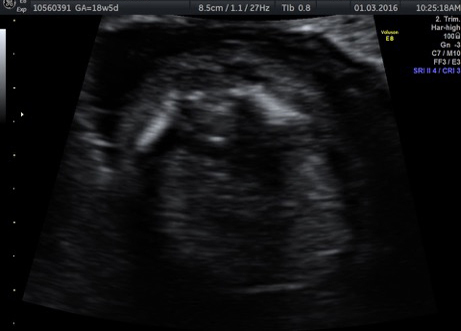Twin-twin transfusion syndrome (TTTS) is a serious condition occurring in approximately 10 percent to 15 percent of pregnancies in which identical twins share one placenta (monochorionic).
Abnormal blood vessel connections cause the fetuses to share blood supply, and the smaller (donor) twin pumps blood to the larger (recipient) twin. Because it has more blood, the recipient twin makes too much urine, which may enlarge the bladder, produce too much amniotic fluid and cause heart failure. The donor twin has lower levels of blood, amniotic fluid and urine, and a smaller bladder.
TTTS is often found in first trimester routine ultrasounds. Other tests, including fetal echocardiogram and amniocentesis may be needed.
Treatment, which depends on the severity of the problem and when it is diagnosed, may include:
- Close monitoring with regular ultrasounds
- Fetoscopic laser photocoagulation (link)
- Amnioreduction to remove amniotic fluid from recipient
- Selective reduction to stop blood flow to donor twin




